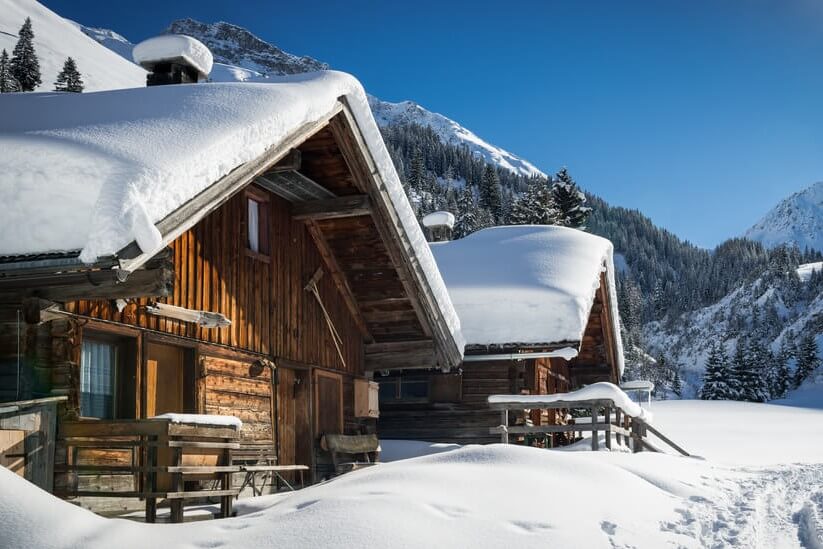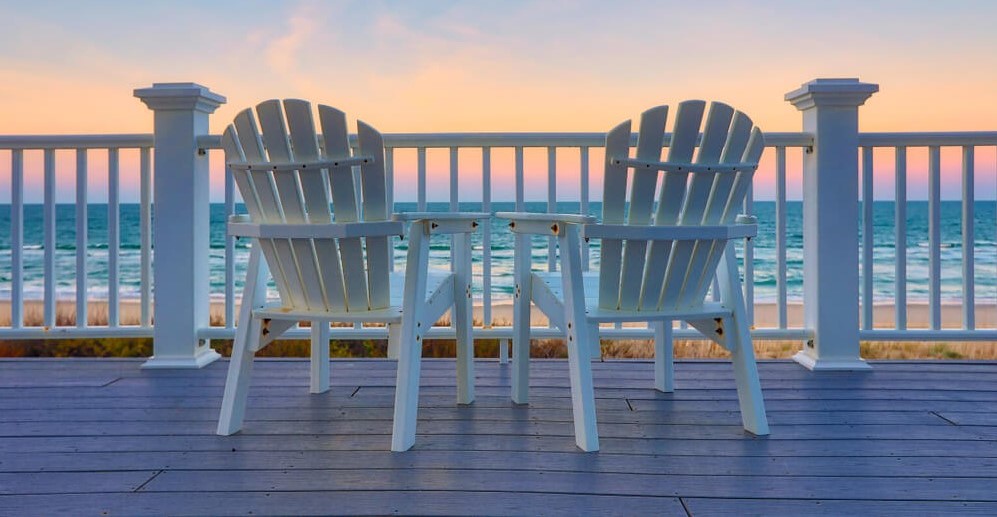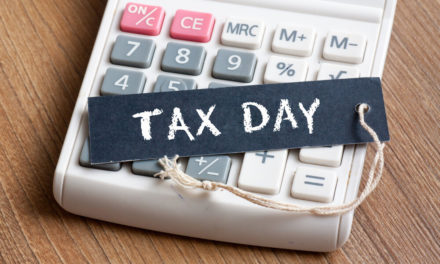No.
If you’re in a hurry, you can skip the rest of the article.
The answer is, “No, in most cases, a beach house is not a good investment.”
Before I get into the details, I should share a confession. I’m writing this from the beach in Peru, where I’m renting a house. My kids are schooling-from-home for at least another six weeks while most of the world is under some degree of lockdown.
So, sitting in a sparsely populated beach town in the middle-of-nowhere Peru sounded like a fine way to spend February.
As I sit on the rooftop deck overlooking the Pacific, I find myself thinking, “I could see myself buying one of these.”
And then I put pencil to paper and quickly realized what a phenomenally stupid idea that is.
Let’s start with the most practical question: When are you going to use it?
Why a Beach House Isn’t a Good Investment
The Peruvian beach season starts around Christmas and wraps up in early March. After that point, the beach is too chilly to enjoy, and the beach towns are more or less deserted. Now, the seasons are obviously different in the northern hemisphere. But most people aren’t going to use a beach house outside of the Memorial Day to Labor Day window, which is about three months.
Here’s where economics come into play. Let’s say you plan to rent the house when you’re not using it. Well, that sounds good in theory. But good luck finding a renter in the middle of colder months. (Yes, there are snowbirds looking to escape the northeastern cold, and I suppose it’s always sunny and warm in the Caribbean, but most of the towns where you’d be likely to buy a beach house really dry up in the winter.)
So, you have roughly three months to make enough money in rents to tide you over for the whole year. And that’s assuming you don’t use it yourself for any time during peak season when you can likely charge top dollar. But you’re still on the hook to make mortgage, tax and insurance payments for the entire year.
And then there is maintenance. Beach houses fall apart. The sea air causes virtually anything metal to rust or corrode. The sun bleaches out the paint and the lawn furniture. Depending on where you are, there might be regular storms or even hurricanes. So, even if your rents on the beach house cover your mortgage, you’ll need a wide margin of safety to cover maintenance expenses.
Given all of this, I’m happy to rent a beach house for a couple of weeks here and there and save my capital for other investments. When I’m done with this place, I can toss the keys to the landlord and get on with my life.
At the beginning, I said it doesn’t make sense to buy a beach house. But let’s broaden this a little to include vacation homes in general. Under what conditions might it make sense?
The Best Vacation Home Investments

A mountain cabin could be a better fit as an investment property.
Ideally, you want a vacation home in an area that gets used all year. For example, a home in the Rocky Mountains could be a ski chalet in the winter and a country cabin in the summer. Depending on the precise location, you might attract renters all year round.
Transportation matters too. Your property should be a reasonably short drive from a major city or airport. I’ll happily drive 2-3 hours for a weekend getaway. But I’m not going to regularly drive 10 hours into the wilds of Montana.
Ultimately, it comes down to numbers. Based on the purchase price and prevailing interest rates, you can easily estimate monthly mortgage expenses, as well as taxes and insurance. Online calculators are a dime a dozen.
It might be harder to estimate maintenance costs. You’d want to ask other homeowners in the area about their experiences. And whatever you think you’ll pay in maintenance, go ahead and add an extra 50%. Maintenance always costs more than you think it will.
Once you have a reasonably good expense estimate, try to estimate your rental income. Ask the current owner for a breakdown of their rentals in years past, and snoop around on Airbnb and other rental sites to see what the going rates are. If it looks like you can comfortably break even, then, by all means, go for it.
If not? Don’t buy it. Rent and be happy.
To safe profits,

Charles Sizemore is the editor of Green Zone Fortunes and specializes in income and retirement topics. Charles is a regular on The Bull & The Bear podcast. He is also a frequent guest on CNBC, Bloomberg and Fox Business.





